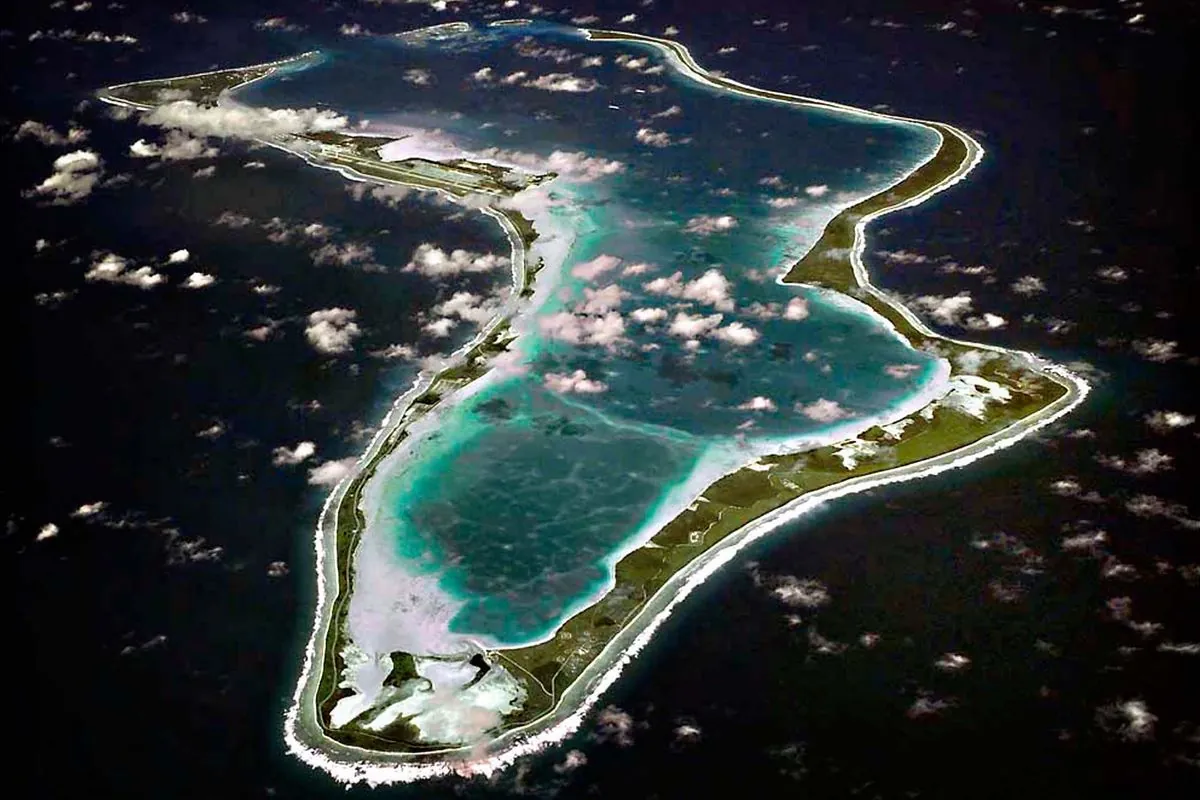UK Appoints Envoy for Chagos Islands Negotiations with Mauritius
Britain names Jonathan Powell as special envoy to negotiate Chagos Islands ownership with Mauritius. The dispute involves a crucial U.S. military base and the rights of displaced islanders.

In a significant diplomatic move, the United Kingdom has appointed Jonathan Powell as a special envoy to lead negotiations with Mauritius over the sovereignty of the Chagos Islands. This development comes as the UK seeks to address long-standing disputes over the archipelago, which has been under British control for over two centuries.
The Chagos Archipelago, comprising over 60 tropical islands in the Indian Ocean, has been a point of contention between the UK and Mauritius since the latter gained independence in 1968. The islands, located approximately 1,000 miles south of India, were detached from Mauritius in 1965, three years prior to its independence, to form the British Indian Ocean Territory (BIOT).
Central to the dispute is Diego Garcia, the largest island in the archipelago, spanning about 17 square miles. In 1966, the UK leased Diego Garcia to the United States, leading to the establishment of a significant military base in 1971. This strategic decision, however, resulted in the forced displacement of the native Chagossian population between 1967 and 1973, a move that has been widely criticized by the international community.
The appointment of Powell, who played a crucial role in brokering the 1998 Northern Ireland peace agreement, underscores the complexity and importance of the negotiations. David Lammy, the British Foreign Minister, emphasized the need to protect the "long-term" operation of the Diego Garcia military base while seeking a resolution with Mauritius.
"I look forward to working with him as we endeavour to reach a settlement that protects UK interests and those of our partners."
The international community has increasingly supported Mauritius' claim to the islands. In 2019, the United Nations General Assembly passed a non-binding resolution condemning Britain's occupation of the territory, with a majority of member states demanding its return to Mauritius. This followed an advisory opinion from the International Court of Justice in the same year, stating that the UK should end its administration of the Chagos Islands.
The dispute also involves environmental and conservation concerns. In 2010, the UK established the Chagos Marine Protected Area, one of the world's largest marine reserves. However, this move has been viewed by some as an attempt to prevent the return of the displaced Chagossians.
The negotiations will need to address the rights of the Chagossian people, estimated to number between 5,000 and 6,000, who have faced significant hardships since their displacement. Many now reside in Mauritius and Seychelles, with ongoing campaigns for their right to return to their ancestral homes.
As talks progress, the future of the U.S. military base on Diego Garcia remains a critical factor. The base has played a strategic role in various conflicts, including operations in Iraq and Afghanistan. In 2016, the UK extended the lease for Diego Garcia until 2036, further complicating the sovereignty issue.
The Chagos Islands, recognized as a UNESCO World Heritage site, also hold ecological significance. They are home to unique wildlife, including the world's largest land arthropod, the coconut crab, adding another layer of complexity to the negotiations.
As Jonathan Powell embarks on this challenging diplomatic mission, the outcome of these negotiations could have far-reaching implications for regional geopolitics, military strategy, and the rights of displaced populations.


































